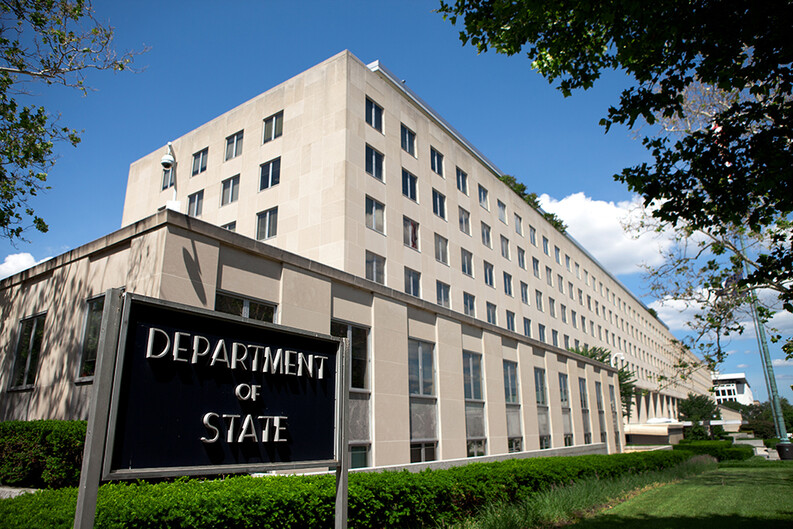MFIA Litigation Aims to Fix State Department’s FOIA Delays

The Media Freedom and Information Access (MFIA) Clinic4 at Yale Law School is challenging the State Department’s chronically slow responses to Freedom of Information Act (FOIA) requests.
While FOIA requires federal agencies to respond to the public’s document requests within 20 business days — or 30 days in “unusual circumstances” — MFIA’s lawsuit alleges the State Department has a “policy or practice” of violating those deadlines and routinely taking months or even years to respond to requests. The suit seeks a court order requiring the State Department to come into compliance with the law.
The State Department filed a motion to dismiss the claim in April. On May 20, MFIA submitted its opposition to the motion.
FOIA can be a frustrating experience for anyone filing a request, according to the lawsuit. Delays are common, often stretching far beyond FOIA’s deadlines and undercutting the law’s purpose of ensuring the American people know what their government is up to and can effectively hold it accountable. By preventing prompt access to documents, agencies prevent democratic oversight.
The clinic’s client, Professor Ryan Scoville of Marquette University Law School, is facing such a delay. In March 2020, he requested public records from the State Department concerning sales of military equipment to foreign countries. A year later, the State Department announced that it would respond to his request — in March 2023. The clinic’s lawsuit alleges that the State Department’s delay is part of a broader policy or practice that forces requestors to wait exceptionally long times before receiving the public documents to which the law entitles them.
Delays are common at the State Department. According to its own data, it had nearly 15,000 backlogged requests at the end of the 2021 fiscal year. That means nearly 15,000 requests that were pending for longer than FOIA allows. This backlog isn’t new; the State Department has tallied more than 10,000 backlogged requests every year for almost a decade. In 2021, the most recent year for which figures are available, it took the State Department an average of 80 days to respond to requests that it categorized as “simple.” The delays rose for “complex” requests, which took 267 days. “Expedited” requests, despite their need for urgency, took the department an average of 464 days, according to the lawsuit.
When courts find that an agency has a policy or practice of violating FOIA, they can order the agency to come into compliance with the law — not just in the case of the individual requestor bringing the suit, but for every FOIA request the agency receives. MFIA’s lawsuit asks the court to do just that.
“Frequent delays prevent the public from seeing the public documents they have every right to see,” said Clinical Lecturer in Law Michael Linhorst, the Clinic’s Craig Newmark Fellow. “Lawsuits challenging delays in individual FOIA requests can only do so much to fix the system. We need broader reforms to restore reliable, timely public access to these records. Our lawsuit aims to require the State Department to make those reforms.”
The Clinic is partnering with Godfrey & Kahn PC and Brady Williamson, a shareholder at the firm. The case, Ryan Scoville v. U.S. Department of State, is in the Eastern District of Wisconsin.
The Media Freedom and Information Access Clinic4 is dedicated to increasing government transparency, defending the essential work of news gatherers, and protecting freedom of expression through impact litigation, direct legal services, and policy work.


